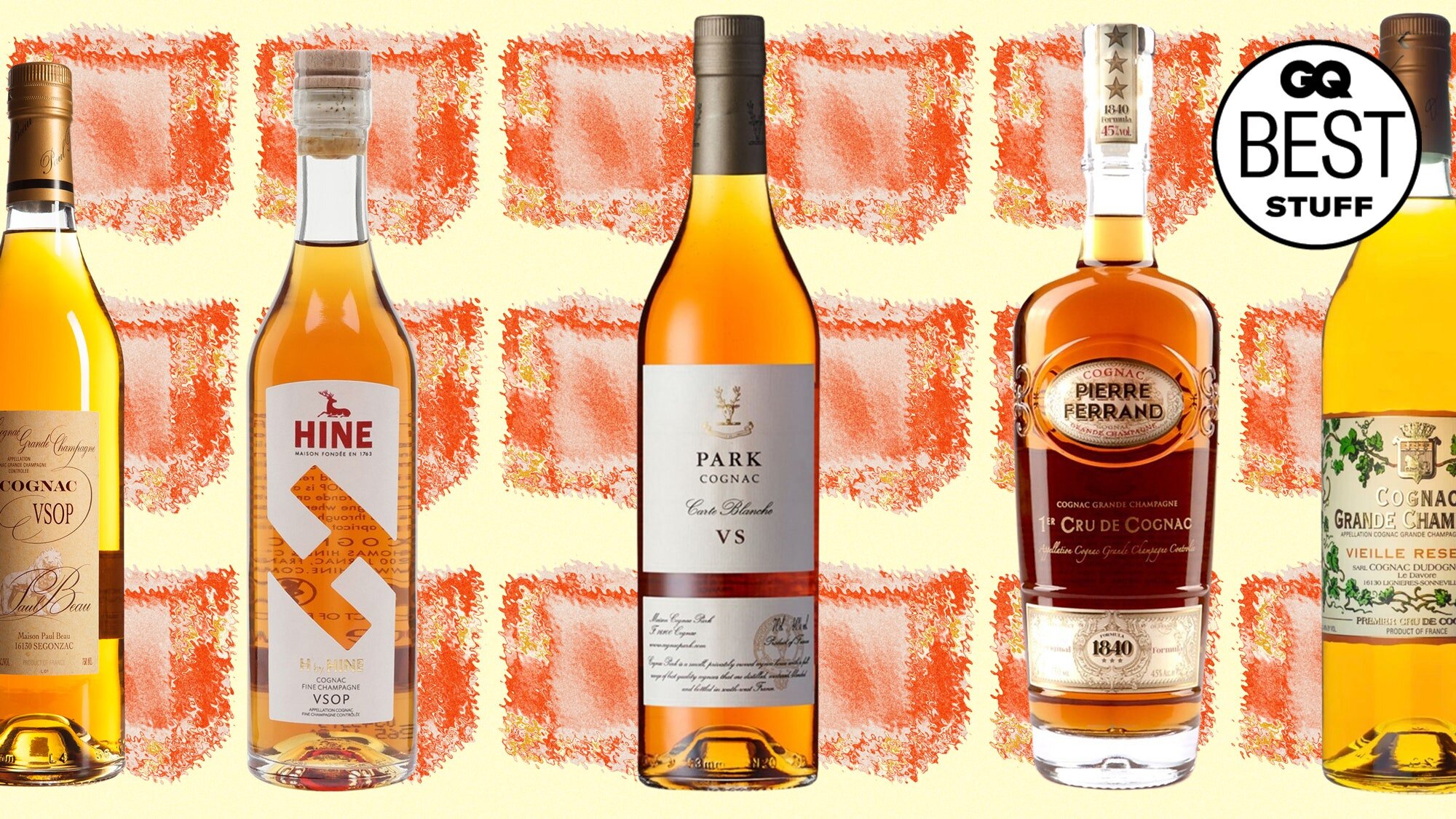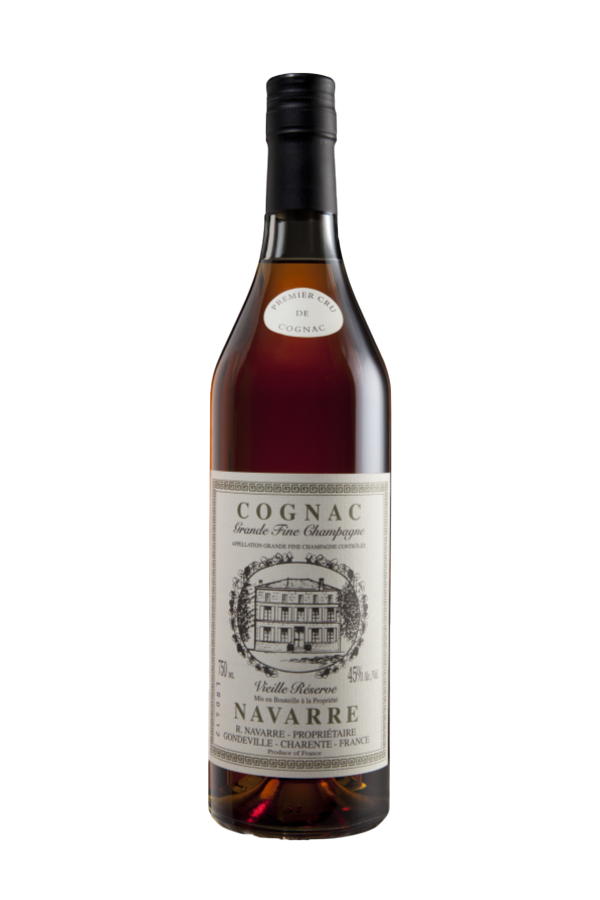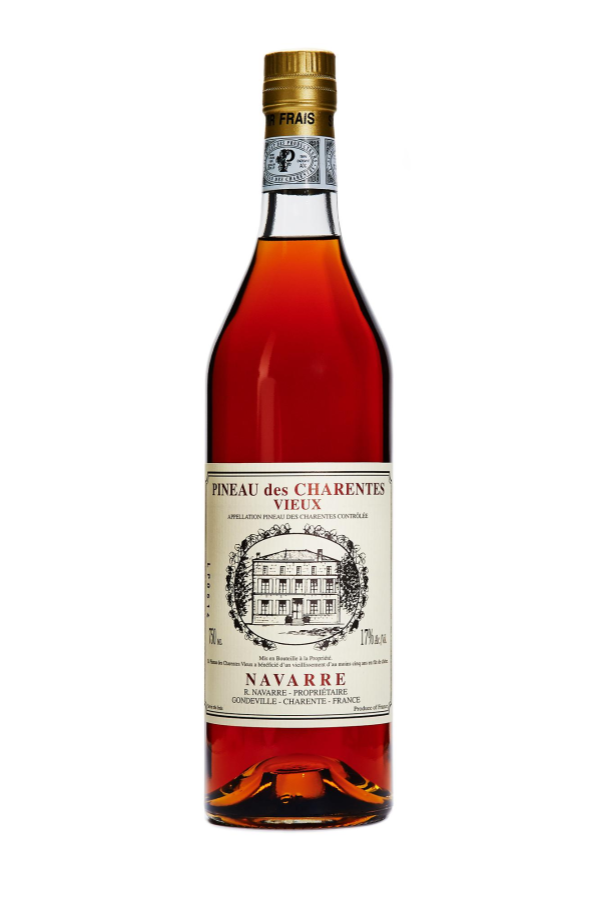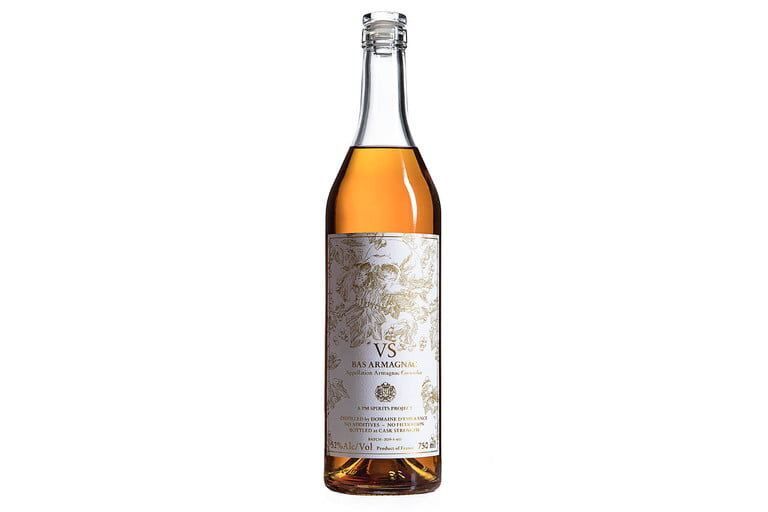Welcome to COMMANDERS AND COCKTAILS!
Some folks know that before I was able to work full time in comics, I worked in a variety of jobs in the wine and spirits field. And the final one of those was for my good friend Nicolas Palazzi’s PM Spirits. Just COMMANDER IN CRISIS, PM works its ass off to be unique, to create trends rather than follow them, and offer craftsmanship and creativity in a field that has, at times, been known to stagnate. I wouldn’t be where I am, writing this, without the support of friends and employers like Nicolas.
So, I thought it would be fun to turn the tables and feature him and his crew below, offering some in-universe cocktail recipes to honor the heroes of the Crisis Command. In the paraphrased words of a greater power, when I left PM I was but the learner. Now, I am the master (well, or closer to it)! And either way, I’m happy to return the support with a feature here, and invite creatives from other fields into the world of the Crisis Command.
STEVE ORLANDO
Commanders in Crisis, Vol. 2
PRIZEFIGHTER
2oz Navazos Palazzi Malt or Corn Whisky
0.75oz La Quintinye Rouge Vermouth
0.5oz cherry liqueur
2 dashes Angostura Bitters
Barspoon Absinthe
Instructions:
Build in rocks glass over ice and stir briefly. Garnish with burnt blood orange peel.
SEER
2.5oz Neta Espadin Destilado de Agave
0.5oz La Quintinye Dry
Barspoon of olive brine
Pinch of salt
Instructions:
Build in mixing glass over ice and stir until cold. Strain into chilled cocktail glass and garnish with 3 green olives on a pick.
SAWBONES
2oz Père Labat Rhum Blanc 59%abv
4 dashes Peychaud’s Bitters
Sparkling mineral water
Instructions:
Pour Rhum into highball glass over ice. Stir briefly to chill. Top with sparkling water and bitters. Stir once again to combine. Serve without garnish. or Neat pour of Jacky Navarre Cravache d’Or Cognac
ORIGINATOR
1oz Nouaison Gin by G’Vine
0.75oz lemon juice
0.5oz Laurent Cazottes Folle Noire
0.5oz simple syrup
2oz sparkling wine
Instructions:
Build all ingredients except sparkling wine in a shaker and shake lightly to combine. Add sparkling wine to the shaker and strain into chilled cocktail glass. Garnish with a spring of fresh lavender.
FRONTIER
2oz Père Labat Rhum Blanc 40% or 59% abv - Choose your strength
0.5oz Laurent Cazottes 72 Tomatoes
Instructions:
Build in mixing glass over ice and stir until cold. Strain into chilled cocktail glass and garnish with freshly ground black pepper.
COCKTAIL CREDITS: David Yi-Hsian Dong and Nicolas Palazzi of PM Spirits.












